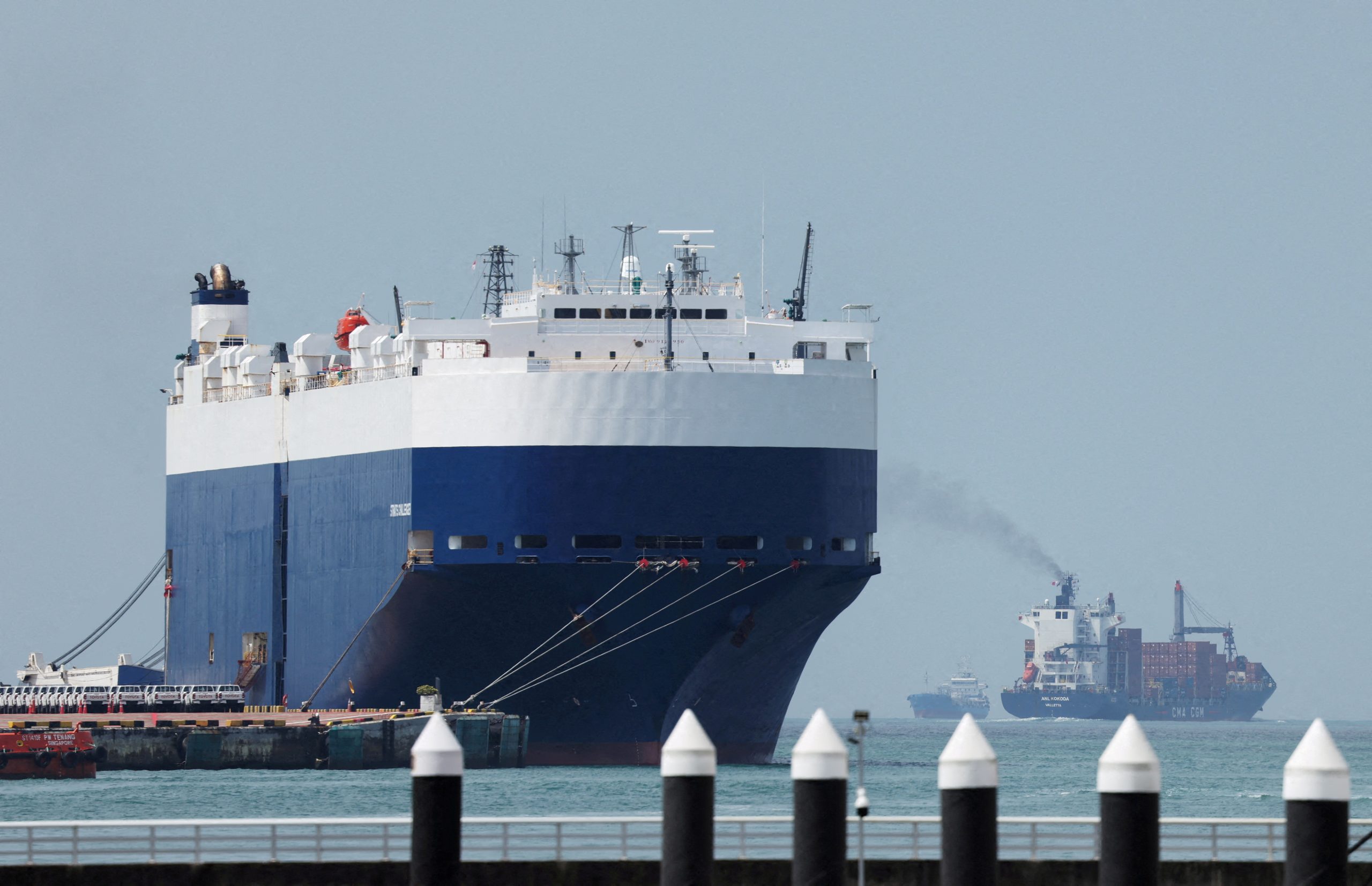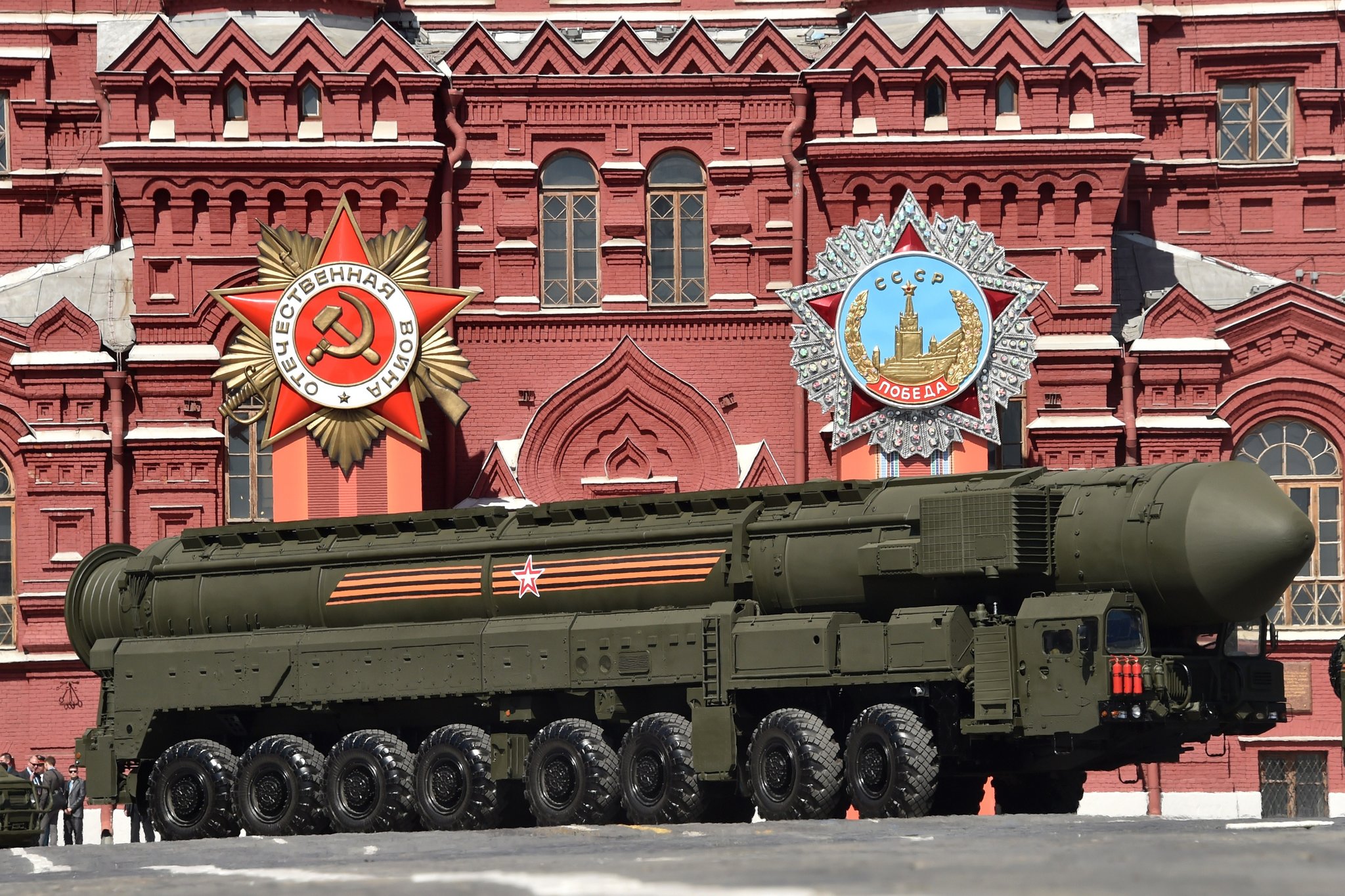U.S. AND SINGAPORE PUSH TO DELAY UN VOTE ON SHIP CARBON PRICING

Stalemate at the IMO over climate costs
Talks at the International Maritime Organization (IMO) hit gridlock as the United States, Singapore, Liberia and Saudi Arabia urged a postponement of a vote on putting a carbon price on ships. Washington openly opposed the levy, calling it a “green scam tax,” while an EU-led bloc argued a global price is essential to cut emissions in a sector moving 80% of world trade. Market analysts warned the meeting appeared near collapse after a week of wrangling in London. Without consensus, climate ambitions for shipping risk slipping further behind 2030 goals.
Winners, losers and what a delay means
Supporters say a carbon price would create a predictable signal for cleaner fuels such as green methanol or ammonia, and help scale port infrastructure. Opponents counter that costs would cascade to consumers and hurt developing trade hubs, especially with freight rates still volatile. Singapore’s stance reflects its role as a major bunkering port, wary of unilateral rules that could shift traffic. A deferred vote would push the fight into 2026 rule-making, while companies hedge with pilots and efficiency upgrades; the sector’s path to net-zero remains contested and slow.





















